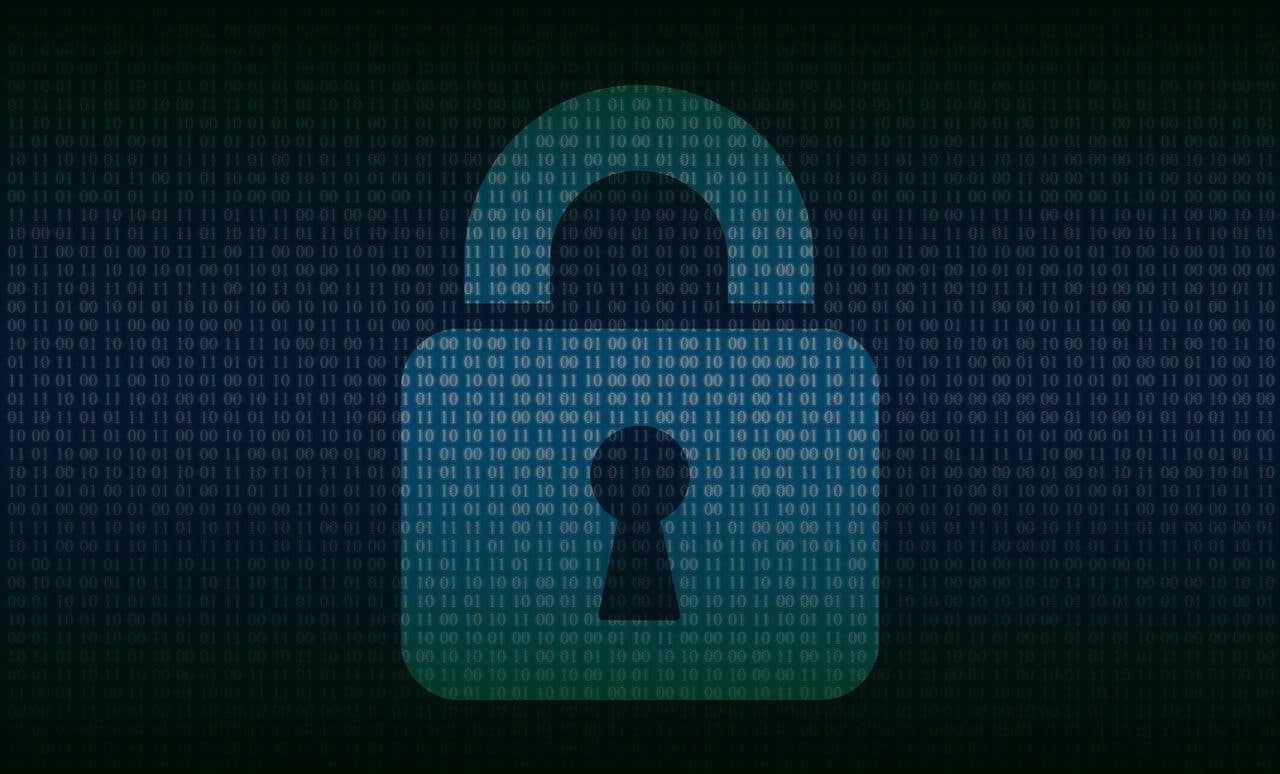
Thanks to digitalization, digital marketing and e-commerce were developed.
Digitization is the process and result of digitizing . This verb (digitize), meanwhile, refers to generating data in digital format .
Typically, the concept refers to the conversion of continuous information into digit numbers . In this way, the content of a physical item such as a book or a printed photograph is transformed into a digital file that can be processed and stored on a computer or other computing device.
Digitization, therefore, involves carrying out a process so that an analog resource is converted into a digital document . This change is generally considered to provide numerous benefits, although certain disadvantages or drawbacks may also be recognized.
History of digitization
The history of digitalization is associated with a series of scientific and technical advances whose origin dates back to the 17th century . The German mathematician and philosopher Gottfried Leibniz , for example, is noted as the creator of the first binary system.
Later, George Boole , Alec Reeves and other scientists made theoretical contributions to digitalization, the development of which is linked to the progress of electronics and computing . George Stibitz and John Atanasoff , for their part, are mentioned as the pioneers of computing. Thanks to the work of companies such as IBM , Intel and Apple, the concept of what is understood today as a computer , key in digitalization, was forged.
A computer is an electronic and digital machine that, through the execution of various commands, can carry out the processing of input data to generate information that it sends to output units. For this, physical ( hardware ) and logical ( software ) components are combined, making digitalization possible, among other tasks.
The social impact of digitalization grew with the rise of the Internet or more precisely the World Wide Web ( WWW ). From the mid- 1990s onwards, more and more people began to connect to the Internet, promoting the digitalization of knowledge and entertainment. Digitalization, in any case, influences multiple human activities, especially in the workplace.

Digitization requires resorting to encryption and other cybersecurity measures to protect data.
The transformation
It is common for the term digitalization to be associated with the idea of digital transformation . However, specialists draw some differences.
Digitization, as we already indicated, involves the conversion of data stored in a physical format to a digital environment . This transformation can be carried out in different ways: a text can be digitized using a scanner or by manually typing its content, to mention one possibility.
Digital transformation, for its part, involves exploiting this digital ecosystem to generate solutions and produce innovation . Consequently, it requires adaptation to new technologies and their adoption to propose strategies and develop other, more efficient operating mechanisms.
In short, it can be stated that digitalization is oriented towards data processing , while digital transformation is based on the use of knowledge provided by information technology. This means that digitalization is an action that may or may not be executed within the framework of a digital transformation.

Streaming platforms such as Netflix and Spotify are possible due to the digitization of content.
Advantages and disadvantages of digitalization
Digitalization offers many advantages. On the one hand, it generally saves space : thousands or millions of sheets of paper (with texts, drawings, photographs, etc.) that occupy entire buildings can be stored digitally on any computer without problems.
With cloud computing , furthermore, this collection does not even require the user to have a physical device. It is even possible to access the data from anywhere, whether with a computer or a phone: you just have to connect to the cloud storage platform or service.
Digitization, on the other hand, simplifies the processing and exchange of information . Suppose a journalist wants to find a specific piece of information in a newspaper. If you have the paper copy, you will have to turn page by page and read until you find it; On the other hand, in a digitalized diary with the appropriate format, you can directly search for what you want to find in a database, obtaining the result instantly. Digital data can also be sent and received in a few seconds through email, instant messaging systems and other tools.
Digitalization also opens the door to the development of Industry 4.0 , big data , deep learning , artificial intelligence and other advances. An example of the changes it brings about is the so-called IoT ( Internet of Things ).
Other benefits, although relative or with certain nuances, are linked to caring for the environment , safety and profitability . Publishing a digital book avoids the use of paper (and, consequently, the cutting down of trees), although it also requires energy consumption. Digital material is safe from deterioration due to use but can be violated by hackers or computer criminals. In terms of economics, it is usually cheaper to produce and consume digital content than analogue content; However, an investment in computer equipment and programs is required.
As negative points, in addition to the clarifications made, we must mention the need for adaptation, the possible damage to analogue documents in the process and the loss of quality (especially in audiovisual matters).
